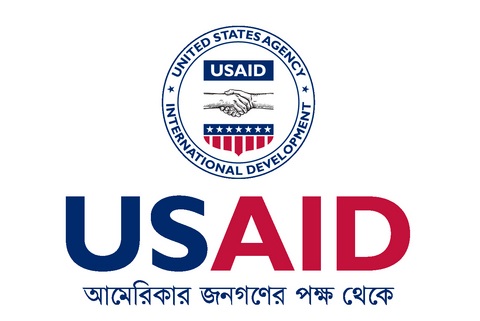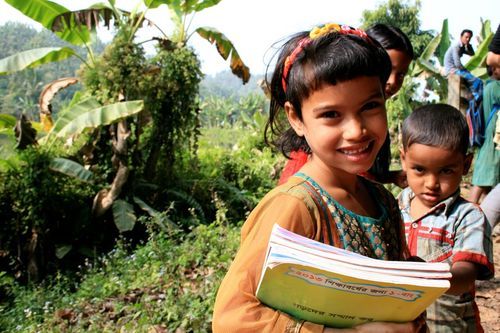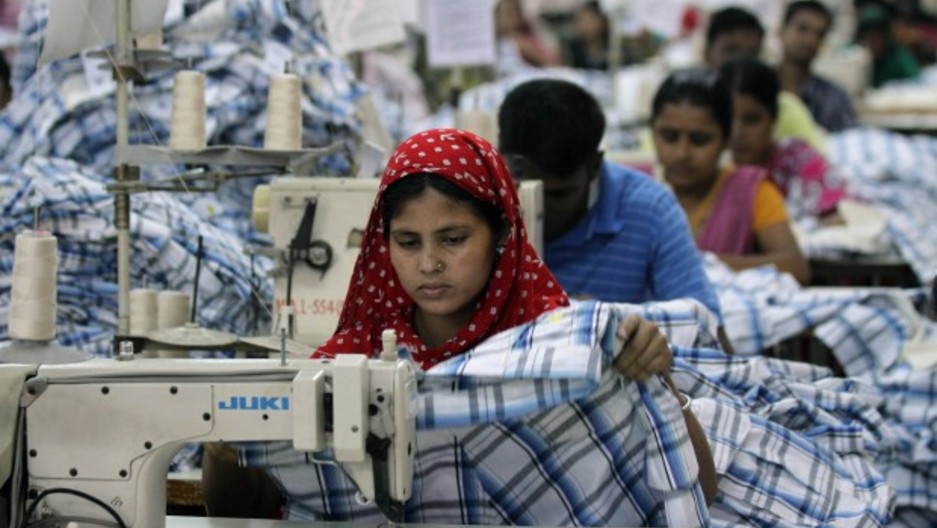
Since the day Bengal attained liberty, the nation has been struggling with gender biassiness. The balance of this war is slowly tilting towards victory for Bangladesh and government as more women join men in entrepreneurship and state-level politics, but the battle is far from over.
Status of Women in Bangladesh
Figures have taken a turn for the good, but the figures in early years showed that women lagged far behind Bengali men. Bengali females were under male subordination even though their socio-economic conditions were crying out for autonomy.
8 out of every 10 women live in rural areas during the 80s. Nearly 70 % of these women worked as underpaid or even as unpaid laborers in post-harvesting activities. The remainder either worked as casual labor with irregular income, or got engaged in households participating in trading and landowning activities.
As women either retained clichéd roles, or took on minimum-wage activities, they soon realized their lack of access to basic facilities. Women in Bengal – not gaining access to markets, education and health – became responsible for high fertility pattern which only wrought havoc over family planning by increasing malnourishment and hitting educational agenda.
Bengali Women in SMEs and the Challenges
Bengali women, taking social and economical hits, could not make ends meet and thus failed to contribute to their family or their country.
Following the 80s, women began shifting their focus over manufacturing business and by the start of next decade – they were responsible for the majority of workforce. But the problem still persisted as women were only being paid 30 percent of what their male counterparts would earn. Underpayment is only a fraction of problems encountered by Bengali women.
Women Keen on Starting Business: The latest trends suggest inclination towards business. Still, only 36% of women were found to be keen in initiating their business for financial freedom.
Decision of Women Entrepreneurs: Only half of women participating in business say their decisions are considered in their family. Others might not even have the privilege to take decisions even if it is for the welfare of their family or entrepreneurial life.
Superstition, Education and Awareness: Very few Bengali women are professionally educated. Only 31% of women entrepreneurs have a bachelor’s degree while only 4.5% are post-graduate. Lack of market knowledge and religious superstitions are also barriers for women entrepreneurs in Bangladesh.
Family Influence: A woman entrepreneur in Bangladesh is not free to choose the niche of her operations. In fact, a family is most likely to encourage her daughter for employment, not for entrepreneurship.
Credit Problems: Statistics show that no more than 32% of women entrepreneurs in Bangladesh collected money from bank for their SMEs. The credit problem becomes even more severe because of communication gap between entrepreneur and bank officer.
Policies of Bengali Government: Policies related to SMEs lack efficient implementation. This is also a cause for overall gender inequality.
Decision of Women Entrepreneurs: Only half of women participating in business say their decisions are considered in their family. Others might not even have the privilege to take decisions even if it is for the welfare of their family or entrepreneurial life.
Superstition, Education and Awareness: Very few Bengali women are professionally educated. Only 31% of women entrepreneurs have a bachelor’s degree while only 4.5% are post-graduate. Lack of market knowledge and religious superstitions are also barriers for women entrepreneurs in Bangladesh.
Family Influence: A woman entrepreneur in Bangladesh is not free to choose the niche of her operations. In fact, a family is most likely to encourage her daughter for employment, not for entrepreneurship.
Credit Problems: Statistics show that no more than 32% of women entrepreneurs in Bangladesh collected money from bank for their SMEs. The credit problem becomes even more severe because of communication gap between entrepreneur and bank officer.
Policies of Bengali Government: Policies related to SMEs lack efficient implementation. This is also a cause for overall gender inequality.
A Brighter Side of the picture
Increased Consciousness: Much thanks to media’s awareness programs and the rise in Bangladesh’s literacy rate, more than 60% of women are now aware of their rights in family and business. And their number is still increasing.
Economic Stability: More than 50 percent of women are now economically stable. 51% of women reported their condition is moderately stable.
Political Activity and Participation: 2 in 3 women are now politically independent able to cast their votes independently without any influence from their family members.
Success StoriesEconomic Stability: More than 50 percent of women are now economically stable. 51% of women reported their condition is moderately stable.
Political Activity and Participation: 2 in 3 women are now politically independent able to cast their votes independently without any influence from their family members.
Due to the abovementioned shift in trend towards business and the role of authorities, countless Bengali women have shown the heart to step up in men’s world and display talent of women entrepreneurship with small business ideas for Bangladeshi women
USAID, along with other bodies has established working groups that have given Bengali women in entrepreneurship, a taste of empowerment.
Konika Rani – Pankaj Boutique House
Starting her SME in 2005 by the name of “Pankaj Boutique House”, 22 year old Konika took over the responsibility of providing bread to her family after unfortunate death of her husband. She started her business with the help of Tk 20,000 loan. Despite repaying the loan in full before the end of time period, she was denied the second loan of 50,000. Instead she was only offered Tk 20,000 once again.
Thankfully, due to assistance of USAID, divisional head, ACC and Bank personnel, she managed to obtain Tk 45,000 with which she was able to further expand her business.
Shahnaz Parveen – Arpita Handicrafts
Shahnaz Parveen had an eye for business. She opened her business named “Arpita Handicrafts”. After years of success and appreciation, she decided to expand but lacked TIN certificate. This led her to TAX office which turned her down because she refused to pay extra.
Upset from corruption, she contacted divisional working group which conveyed the problem to Tax commissioner. Having dealt with corruption, she was able to obtain her certificate within a day.
Farhana Siddique – Ma Boutique
She faced assault of taunts when she asked her husband for money. This made her resort to delf sufficiency and she opened up a boutique shop in Rangpur. However, she did not know how to obtain more funds for expansion.
Then she learned of a training program funded by USAID and after just 2 days of training, she became better aware of business activities, how to excel at those and how to secure capital for expansion.
Sharnalata Roy – Women’s Fashion World
For years, her family doubted her abilities. Nobody outside would trust her either, but Sharnalata Roy proved them wrong. Roy faced various barriers before she could win the Best SME of the year award a few years ago. She obtained permission from her mother in law to complete the education. She had to quit the job because of his second child. But her passion brought her back into the commercial world, stronger than before.
She used to offer services to the parents and guardians of her kid’s friends. But their appreciation and demand for expansion encouraged her. This led her to open up a parlor at Shubid Bazar, Sylhet with just 3 workers. Now, more than 50 employees including men and women hailing from indigenous communities work for her.
She has made more than 200,000 in profits by the end of 2009 and has thus encouraged many women, including her neighbor to enter beauty industry and quit the 20 year old family business.
Conclusions
Evident from above examples, the number of women entrepreneurs in Bangladesh is on the rise. But:
- There is a need for their identification as many are deprived of private and public assistance.
- They need motivation, attention and support
- They need educational, technical and financial assistance.
- They must be made aware of their rights, duties and their liabilities in business.
- Their participation needs to be encouraged in political and social activities.
SMEs have allowed women to participate in business with small investments. Small SMEs also produce employment opportunities for women as well as men. Additionally, they empower the women and as women get empowered, so does Bangladesh. It is a high time to bring Bengali women into business by supporting them through educational, financial and moral support.
Related articles
Women Entrepreneur in Bangladesh - Inspiring Wo...
Oct 30, 2014
Barriers to Women Entrepreneurs in Bangladesh
Sep 29, 2014
Small business ideas for women in Bangladesh
Aug 19, 2014
International Trades for Women in Bangladesh
Aug 12, 2014






